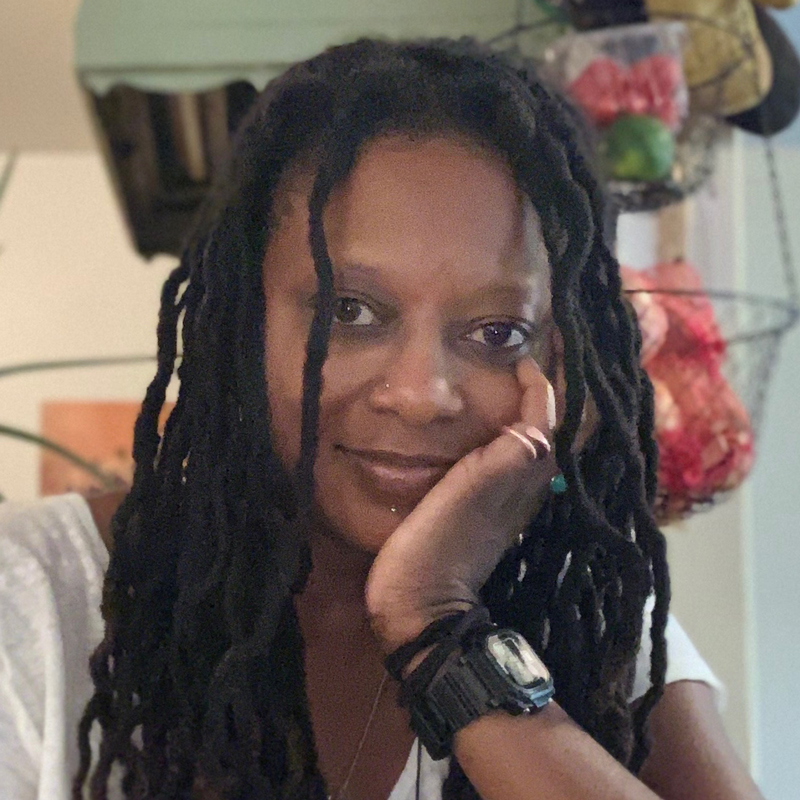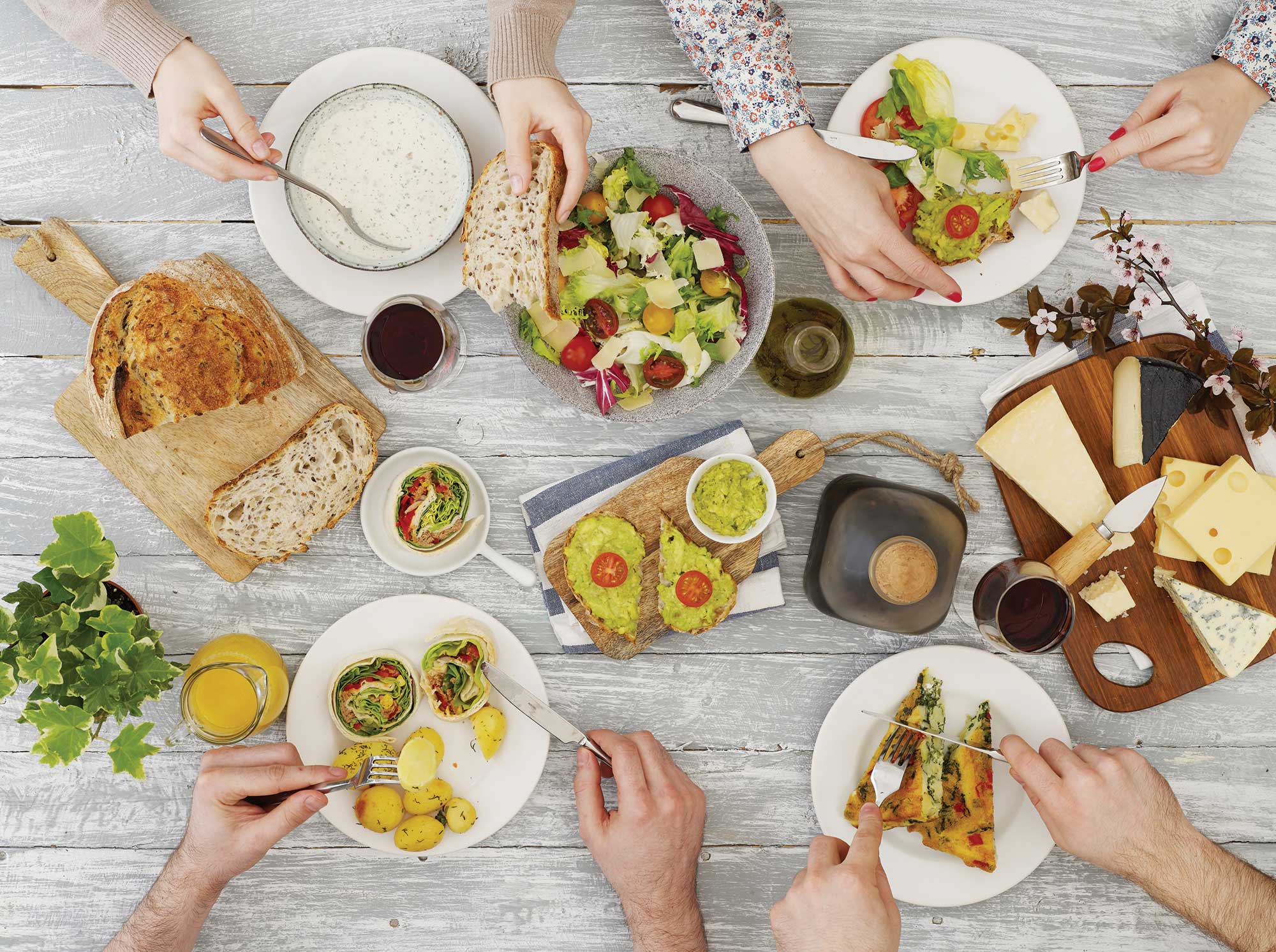
Shorlette Ammons Equity in Food Systems Associate/CORE Team Lead
Organization: Center for Environmental Farming Systems
Location: Durham, NC
Social Media: @shorletta
Current work in response to COVID-19: Shorlette Ammons is continuing to root in the resilience of country folks while innovating ways mutual-aid networks and resources can grow black land ownership in the South and nationwide.
I’m excited to be a Castanea Fellow because… it gives me the opportunity to create new relationships with other food systems leaders while elevateing the resilience, realities and conditions of Black Country people and rural communities.
What is the challenge your work addresses?
Over the course of my work I feel that I have been telling the story of the food system through the lens of my grandparents, my mama and her 12 brothers and sisters, and my daddy. The role of magnifying their experience and that of other country black women and communities is critical and one I wholeheartedly embrace. I see the experiences of black rural communities slowly being erased, as well as the erosion of rural farmland and safety nets due to a series of environmental tragedies. I want to explore and elevate that global relationship as a means to sustaining a vital way of life.
Our CORE team seeks to address the challenges associated with the impact of structural racism on our food system. We work with other institutions and food systems-based organizations to create a shared analysis, understanding, history and framework around the impact of structural racism through the lens of racial equity.
Working in an academic/educational setting for the past several years, I am returning to the need to work to elevate the struggles, ingenuity and experiences of rural communities and country black people and our relationship to rural black communities around the globe redeemed and ultimately reformed.
What strategies are you using to address the challenge?
Our primary strategies are racial equity trainings, convenings and strategic work directly with food networks around the state. The Fellowship will allow me to engage related institutions to support the building of an entity that will support the long-term needs of Black rural farming communities and elevate the culture of Black Country people.
What does success look like to you?
In terms of my Fellowship work, success will be the establishment of an entity that can sustainably provide resources and support for Black, rural farming communities in times of disaster and support disaster preparedness efforts for those communities.



